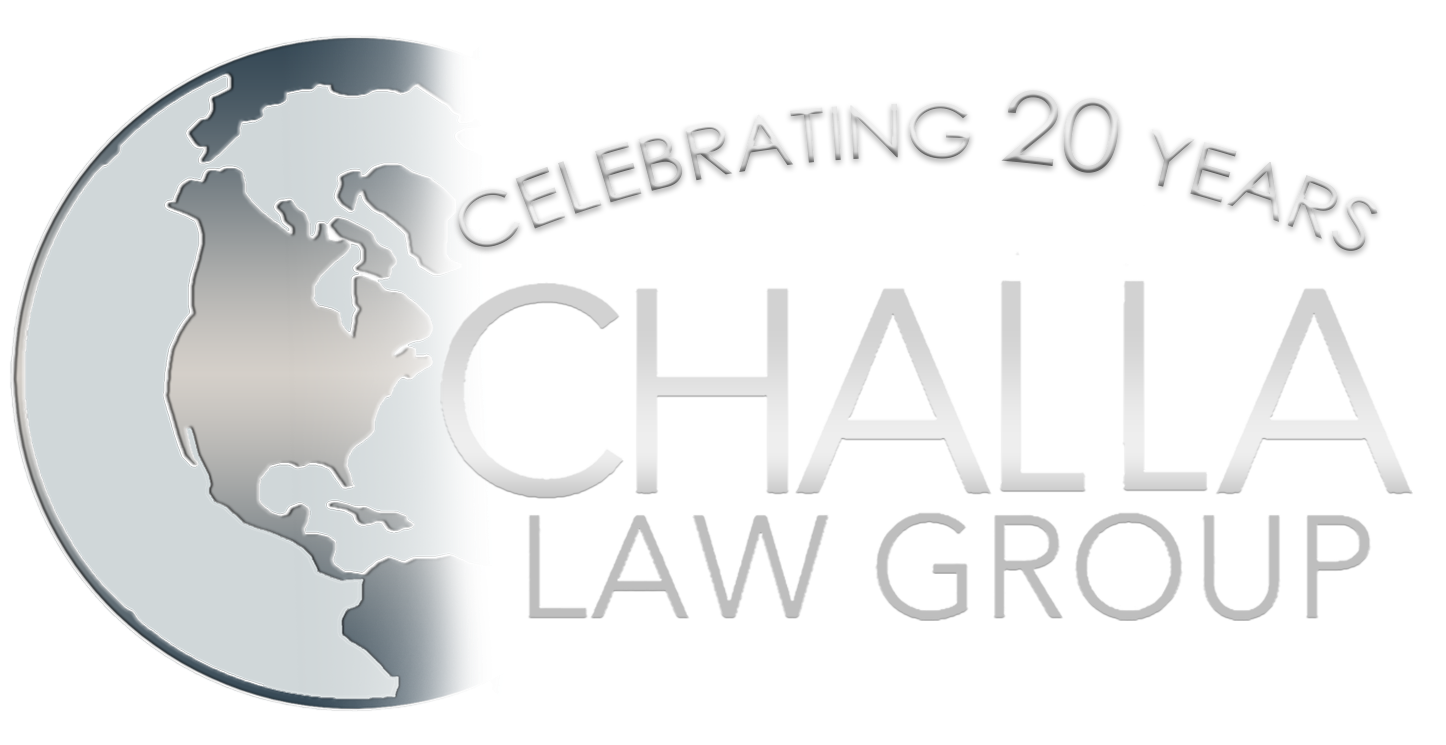Can Registering to Vote Prevent You From Becoming a U.S. Citizen?
There is often confusion around registering to vote, especially when the application process is included as part of a state benefit application process. If an individual knowingly makes a false statement or claim that he or she is or has been a U.S. citizen or national of the United States, with the intent to obtain a federal or state benefit or service or to engage unlawfully in employment, they are committing an unlawful act making the individual ineligible to naturalize during the statutory period. What happens if an individual unknowingly registers to vote?
In order to become a U.S. citizen, individuals must prove that they have “good moral character” (GMC), which is defined in the USCIS Policy Manual as “character which measures up to the standards of average citizens of the community in which the applicant resides.” Individuals must prove GMC for the statutory period prior to filing and up to the time of the Oath of Allegiance. For most legal permanent residents, that statutory period is 5 years but is reduced to three years if the individual obtained permanent residence based on their marriage to a U.S. citizen. There is also a reduced statutory period of one year of GMC for qualifying military service.
A number of unlawful acts are recognized by case law as barring good moral character. There are permanent bars to GMC, as well as “conditional bars” that are triggered by “by specific acts, offenses, activities, circumstances, or convictions within the statutory period for naturalization.”
Conditional Bars to GMC for Acts Committed in Statutory Period
- One or More Crimes Involving Moral Turpitude (CIMTs)
- Aggregate Sentence of 5 Years or More
- Controlled Substance Violation
- Incarceration for 180 Days
- False Testimony under Oath
- Prostitution Offenses
- Smuggling of a Person
- Polygamy
- Gambling Offenses
- Habitual Drunkard
- Two or More Convictions for Driving Under the Influence (DUI)
- Failure to Support Dependents
- Adultery
- Unlawful Acts
- Bail jumping, bank fraud, conspiracy to distribute a controlled substance, failure to file or pay taxes, falsification of records, false claim to U.S. citizenship, forgery-uttering, insurance fraud, obstruction of justice, sexual assault, social security fraud, unlawful harassment, unlawfully registering to vote, unlawful voting, violating a U.S. embargo
Claiming U.S. Citizenship, Registering to Vote, & Unlawful Voting
Voting or registering to vote can prevent an individual from naturalizing during the statutory period. Only U.S. citizens can vote in local, state, or federal elections.
The update to the USCIS Policy Manual recognizes that individuals may unknowingly take steps to register to vote, but still cautions that an unlawful act could have occurred.
However, USCIS does not consider an applicant to have made a false claim to U.S. citizenship in order to register to vote if the applicant was unaware that the false claim would result in his or her voter registration. In addition, an applicant who makes a false claim in a driver’s license or state benefit application, where unconnected to voter registration, does not commit an unlawful act under 18 U.S.C. 1015(f). This is because a violation of 18 U.S.C. 1015(f)requires the applicant to have made a false claim “in order to register to vote or to vote in any Federal, State, or local election.” However, the applicant may have violated 18 U.S.C. 1015(e)or an applicable state law.
USCIS does not consider an applicant to have unlawfully claimed to be a U.S. citizen if the applicant did not affirmatively indicate that he or she is a U.S. citizen. However, if the applicant registered to vote, the applicant has the burden to prove that the registration form did not contain a question about whether the applicant is a U.S. citizen or that the applicant did not indicate, in response to such a question, that he or she is a U.S. citizen.
Who Can Vote?
You can vote in U.S. elections if you:
- Are a U.S. citizen
- Meet your state’s residency requirements
- You can be homeless and still meet these requirements.
- Are 18 years old on or before Election Day
- In almost every state, you can register to vote before you turn 18 if you will be 18 by Election Day.
- Are registered to vote by your state’s voter registration deadline. North Dakota does not require voter registration.
Who CAN’T Vote?
- Non-citizens, including permanent legal residents
- Some people with felony convictions. Rules vary by state. Check with your state elections office about the laws in your state.
- Some people who are mentally incapacitated. Rules vary by state.
- For president in the general election: U.S. citizens residing in U.S. territories
Tips for Noncitizens
- When applying for a driver’s license or other state benefit, carefully review any forms or documents you are asked to complete and sign.
- Even if you are a permanent resident, voting is not permitted. You must be a U.S. citizen to vote in federal, state, or local elections.
Connecting with Challa Law Group
Join us on Wednesdays for a live webinar at 12 PM ET on critical immigration updates
Don’t miss out on the immigration news! You can sign up for our mailing list or follow us on Facebook, Twitter, Instagram, YouTube, or LinkedIn. You can also join our Telegram community.
Contact us at info@challalaw.com or 804-360-8482 to get your case started today.



